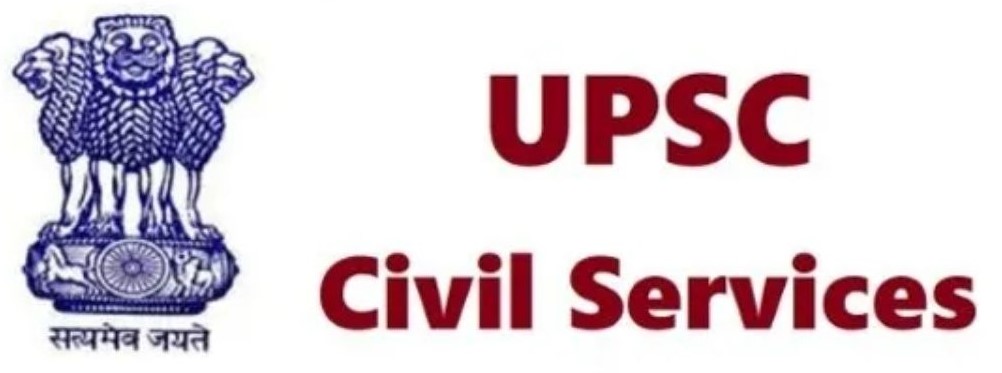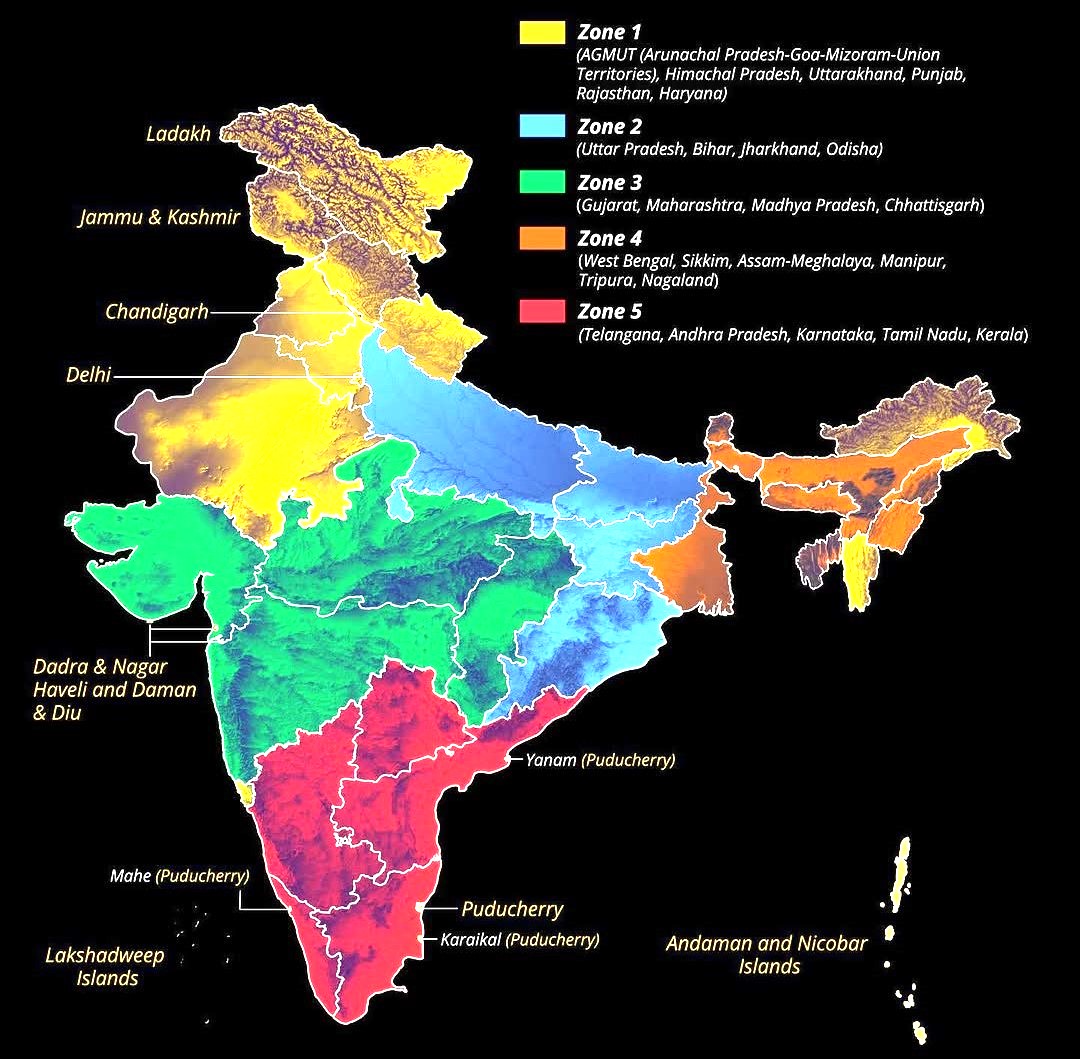The Indian Administrative Service (IAS) Examination, a part of the Civil Services Examination (CSE) conducted by the Union Public Service Commission (UPSC), is one of the most prestigious exams in India. Here’s an in-depth guide to the 2025 IAS Exam.
IAS Exam Dates 2025
| Event | Date |
| Notification Release | January 22, 2025 |
| Application Window | January 22 to February 11, 2025 |
| Preliminary Exam Date | May 25, 2025 |
| Mains Exam Date | Starting August 22, 2025 |
| Interview Dates | Announced after Mains results |

Candidates should visit the official UPSC website (upsc.gov.in) regularly for updates.
IAS Exam Pattern
Stage I: UPSC Prelims
- Nature: Objective-type test with negative marking (1/3 deduction for incorrect answers).
- Papers:
- General Studies Paper I: 200 marks, determines merit for the Mains exam.
- CSAT Paper II (Aptitude): 200 marks, qualifying with 33% minimum.
- Duration: 2 hours per paper.
- Topics for GS Paper I: Current events, History, Geography, Polity, Economy, Environment, and General Science.
Stage II: UPSC Mains
- Nature: Descriptive, with 9 papers (7 for merit and 2 qualifying).
- Total Marks: 1750 for merit papers.
- Qualifying Papers: English and an Indian language.
- Merit Papers:
- Essay (250 marks).
- Four General Studies Papers (250 marks each).
- Two Optional Subject Papers (250 marks each).
Stage III: UPSC Interview/Personality Test
- Focus: Analytical thinking, decision-making, ethics, and overall personality traits.
- Marks: 275 marks.
- Final Scoring: Combined marks of Mains (1750) and Interview (275) = 2025 marks.
IAS Exam Eligibility
Nationality:
- Indian citizens are eligible.
- Special provisions for certain categories like Nepalese, Bhutanese, Tibetan refugees, and Persons of Indian Origin.
Educational Qualification:
- Minimum: A bachelor’s degree from a recognized university.
Age Limit:
- General: 21–32 years
- OBC: 21–35 years
- SC/ST: 21–37 years
(Age is calculated as of August 1, 2025.)
Number of Attempts:
- General: 6 attempts
- OBC: 9 attempts
- SC/ST: Unlimited attempts until upper age limit.
IAS Exam Application Procedure
- Visit the UPSC Website: upsc.gov.in.
- Fill Out the Form: Provide personal details, upload documents, and choose an exam center.
- Fee Payment: INR 100 (General/OBC). No fee for SC/ST, PwD, and female candidates.
- Submit the Application: Double-check details before submission.
IAS Exam Preparation Strategies
Step-by-Step Plan:
- Understand the Syllabus: Download the official UPSC syllabus and analyze it.
- Current Affairs: Focus on newspapers like The Hindu and Indian Express. Supplement with magazines like Yojana and Kurukshetra.
- Answer Writing Practice: Develop structured and concise answers for Mains.
- Mock Tests: Take mock exams to assess preparation.
- Time Management: Allocate specific time for each subject, balancing GS, optional subjects, and answer writing.
Mistakes to Avoid:
- Overlooking CSAT: Though qualifying, poor preparation can disqualify you from Mains.
- Relying Only on Coaching: Self-study is crucial for success.
- Skipping Daily Revision: Consistency is key in IAS preparation.
- Ignoring Mains Answer Writing: This skill is vital for high scores.
Recommended Books and Resources for IAS Current Affairs
- Newspapers:
- The Hindu
- Indian Express (Focus on editorials and opinion pages).
- Magazines:
- Yojana (Government schemes and policies).
- Kurukshetra (Rural development).
- Economic and Political Weekly (EPW).
- Annual Publications:
- Manorama Yearbook
- India Yearbook by Publications Division.
- Government Reports:
- Economic Survey
- Budget Documents
- NITI Aayog Reports
- Online Resources:
- Vision IAS Monthly Current Affairs.
- Insights on India Current Affairs compilation.
- Subject-Specific Books:
- Indian Polity by M. Laxmikanth (Polity and Governance).
- India’s Struggle for Independence by Bipan Chandra (History).
- Environment by Shankar IAS Academy (Environment and Ecology).
The IAS Exam requires systematic preparation, consistent effort, and a balanced approach. By adhering to the syllabus, practicing regularly, and avoiding common mistakes, candidates can enhance their chances of success. Always stay updated with UPSC notifications and focus on quality over quantity in preparation.




